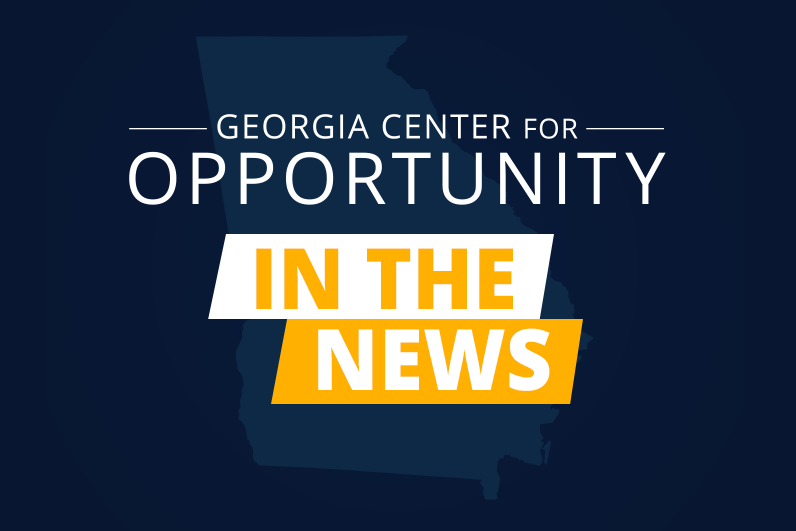
Biden’s ‘Illusions Of Economic Magic’ Fail The Forgotten American | DAILY CALLER

Biden’s ‘Illusions Of Economic Magic’ Fail The Forgotten American | DAILY CALLER
In a very different time — yet in similar economic straits — then-presidential candidate Franklin D. Roosevelt spoke of the “forgotten man,” the American left behind by seismic trends and sweeping changes beyond his control.
“These unhappy times call for the building of plans that rest upon the forgotten, the unorganized but the indispensable units of economic power,” FDR told Americans on April 7, 1932 in a radio address. He went on to call for policies “that build from the bottom up and not from the top down, that put their faith once more in the forgotten man at the bottom of the economic pyramid.”…
A team of economists at the Georgia Center for Opportunity have for the first time published a study that demonstrates how people receiving government assistance from multiple programs —such as the Earned Income Tax Credit, food stamps, free school lunches and Medicaid — face a difficult benefits cliff if they were to find work. The study calculates “benefit cliffs” for families in 888 counties across eight states. For example, a working single mom with two children in Memphis, Tennessee, would astoundingly lose more than $8,000 in combined earnings and benefits if her pay were bumped up less than $2 to a $15 hourly wage.




